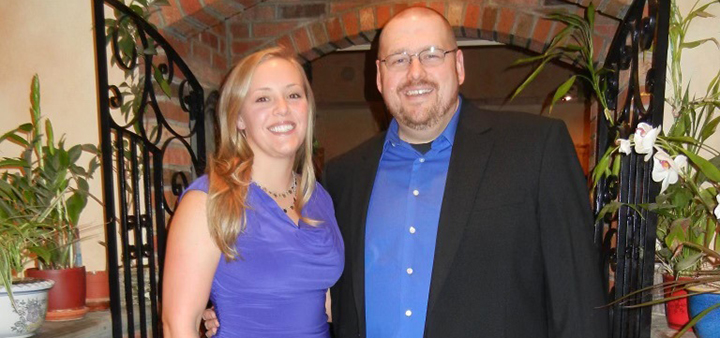Church And The Free Market
Published:
December 10th, 2013
By:
Tom Morgan
Pope Francis is a capitalist. The Roman Catholic Church is capitalist. As are the Methodists, Episcopalians, Presbyterians, etc.
Many of the local churches of Jamestown and Buffalo, Rochester and Utica, Albany and Poughkeepsie are capitalist. And they are operating among the virtues of free markets.
In other words, when Pope Francis daubs tar on capitalism and free markets his white cassock gets stained.
This is easy to understand. A capitalist is a person (or company of investors) that collects and invests money. The capitalist invests the money expecting to get some profit in return.
When you buy a rental property and get income from it you are a capitalist. You operate in a free market. That is, you are free to charge what you can get away with. And prospective tenants are free to pay or go elsewhere.
When you give money to your bank for a CD, you are a capitalist. You expect a 4 percent return on your investment of capital. When you buy a bond, the same. When you buy a stock, the same.
Where does the money come from that funds your church’s mission in Haiti? Some or all may come from profits your church earned on its investments. The investments in its endowment fund.
The church got the money for the fund from capitalists. That is, from people who left stocks and bonds to the church in their wills. People also left cash to the church.
Over the years representatives of the church invested and re-invested the endowment dollars. Into stocks. Into bonds. Often into properties to be rented out. Rented out for profit.
The rentals are on the free market. So are the stocks and bonds and other investments. They are purchased on such free market icons as the New York Stock Exchange and the NASDAQ.
You might be surprised to learn how much money your capitalist local church has invested. It is not unusual for an old-line church in a small upstate city to own $20 or $30 million in stocks and bonds.
If you don’t think the Roman Catholic Church is capitalist, please tell me why the Vatican Bank exists. Banks are capitalist creations. Banks gather capital from investors – depositors. Banks loan out that capital for interest – profit.
A lot of major churches offer lifetime income to people who contribute large amounts. You have seen the ads. If you are 70-years-old you can earn 8 percent per year income on your donation for the rest of your life.
This is a capitalist venture. The church invests your contribution in stocks and bonds. To try to earn, say, 7 percent a year on your money. It pays you 8 percent. So maybe it loses a small amount each year. But actuarial experts estimate you’ll be in the church cemetery within 7 years. When that happens, whatever is left of your contribution falls into the church coffers.
Not only is this a capitalist venture. The church makes its offer to you in a free market. The church is free to offer 8 percent return. Or 9 percent. Or 7 percent. Competitors are free to offer what they will. And you are free to choose the offering you wish. Or to invest the money at a casino instead. The casino is also a competitor in that free market.
Pope Francis criticizes free markets. Ironically, churches and religions operate in a free market with their followers. They offer various forms of salvation. They offer solace, community, spiritual support.
Each religion, each church, competes with others and their promises and messages.
In this market you are free to choose from the various offerings. You can choose the 75 virgins in Islamic afterlife. Or wine-sipping with saints on clouds in Roman Catholic heaven. Or nothing specific or offensive or overly joyous in whatever perhaps might come in Unitarian afterlife, if one happens to exist.
Pope Francis and various church leaders may not appreciate that they are capitalists. They may not wish to acknowledge that their churches are capitalist.
But as sure as God made lil’ green apples…they are.
From Tom...as in Morgan.
Author: Tom Morgan - More From This Author
Comments





